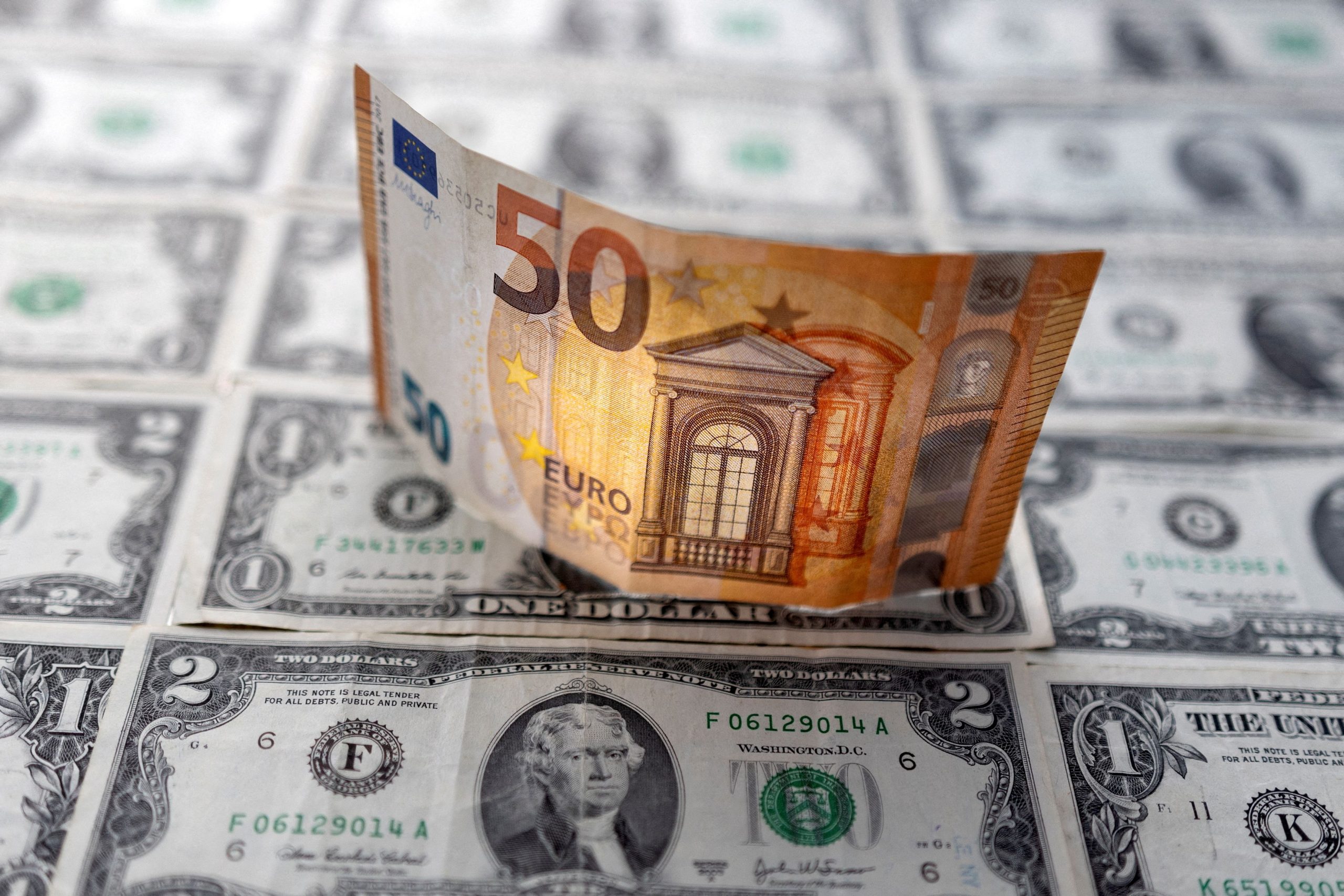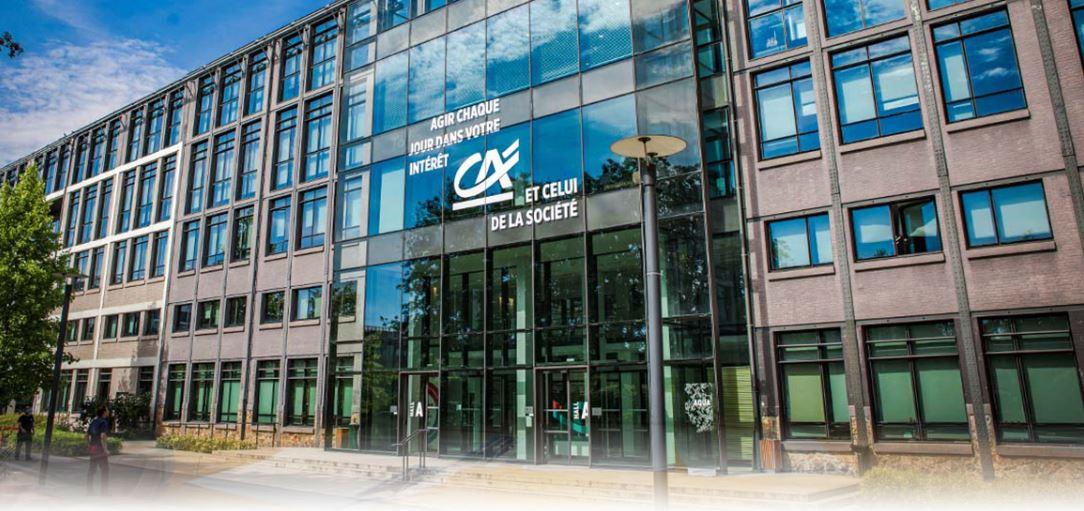Shipping is going through a period of remarkable innovation, with kites, sails, batteries and zero-carbon fuels all being developed towards the same goal: reducing the industry’s carbon footprint. Ensuring the success of this fundamental transformation matters for all of us, as decarbonising maritime transport will be critical to achieving the emissions reductions needed by the planet.
Maritime transport has long been the invisible backbone of the global economy, with a critical, yet often overlooked, role in our daily lives. Most people have never been on a commercial vessel, yet shipping transports around 90% of the world’s trade, including most of the food we eat, the energy that heats our homes and propels our cars, the raw materials that keep our factories running and the wide range of consumer goods that make our households comfortable and our lives enjoyable.
The flipside of shipping is its contribution to climate change: currently, maritime transport accounts for nearly 3% of all greenhouse gas (GHG) emissions. Without intervention, the amount of carbon emitted by ships is predicted to increase in the coming decades as the global fleet expands to meet growing global demand. Reversing this trend and making shipping more sustainable is a core challenge for the current generation of shipowners, operators, and charterers. This is an issue that particularly resonates in Greece, as we remain the world’s largest shipowning nation, with a fleet of nearly 5,000 vessels. Supporting the industry with this transition is a core mission for us at Bureau Veritas, a leading global classification society and provider of advisory and support services for the marine and offshore sectors.
The market and regulatory playing field has irrevocably changed for shipping: consumers are increasingly demanding better sustainability and accountability on how the goods they buy are produced and transported. Legislators, too, are requesting that shipping does more. The industry’s global regulator, the International Maritime Organization (IMO), has adopted a target of reducing emissions from maritime transport by at least 50% by 2050 compared to 2008. Shipping has long been out of sight, but it is no longer out of minds when it comes to climate action.
An industry committed to change
The great news is that shipping is tackling its decarbonisation transition hands-on. Much of the impetus to reduce emissions comes from the industry itself, with numerous pioneers already going above and beyond the pace of regulation and committing to ambitious net-zero targets. Shipping’s desire to do its part for a more sustainable future was evident in recent industry meetings, and the topic will certainly be at the heart of discussions at the Posidonia exhibition on 6-10 June 2022, when the global shipping community will gather in Athens to exchange on the industry’s main challenges.
The scale of the challenge is considerable. To this day, there is no silver bullet to bring shipping to net zero overnight. Ultimately, shipping will need to adopt new zero-carbon fuels, and invest in the extensive supply chain infrastructure needed to deliver them to more than 50,000 merchant ships currently trading internationally. In the shorter term, the industry also needs “clean technologies” that will help it increase its efficiency and reduce emissions now. What is clear is that shipping’s decarbonisation journey is intrinsically linked with innovation.

Supporting safe innovation
The maritime sector is fizzing with new technologies, fresh ideas, and innovative solutions.
We are moving towards a world in which multiple fuel and energy options will coexist – including biofuels, LNG, and eventually ammonia, methanol, hydrogen, and other renewable energy alternatives such as wind, solar and wave power. Some of these solutions are the result of decades of industry experience. Others are inspired by fresh thinking from outside our industry.
We need more pioneers and innovators to join those who have already picked up the mantle of shipping’s decarbonisation challenge. However, to be successfully and safely deployed, risk must be rigorously assessed, and a number of challenges must be addressed – such as the toxicity, flammability and low energy density of certain alternative fuels, and the design challenges related to the integration of wind propulsion systems, for example.
This is where classification societies like Bureau Veritas can assist. Our role is to certify compliance with rules and regulations, this is even more important when it comes to new technologies. We work closely with shipowners, shipyards and technology developers, helping them assess and mitigate risk, validating their compliance with rules and regulations. In other words, class is a catalyst in shipping’s sustainability transition, providing the trust, expertise and validation needed to support safe innovation.
We look forward to Posidonia as another opportunity for the industry to bolster the spirit of collaboration necessary to drive the decarbonisation transition. Given the urgency of the climate crisis, the industry must come together to shape a better maritime world that protects and preserves the air, earth and ocean for future generations.
Paillette Palaiologou, Vice President South East Europe, Black Sea & Adriatic Zone, Bureau Veritas Marine & Offshore

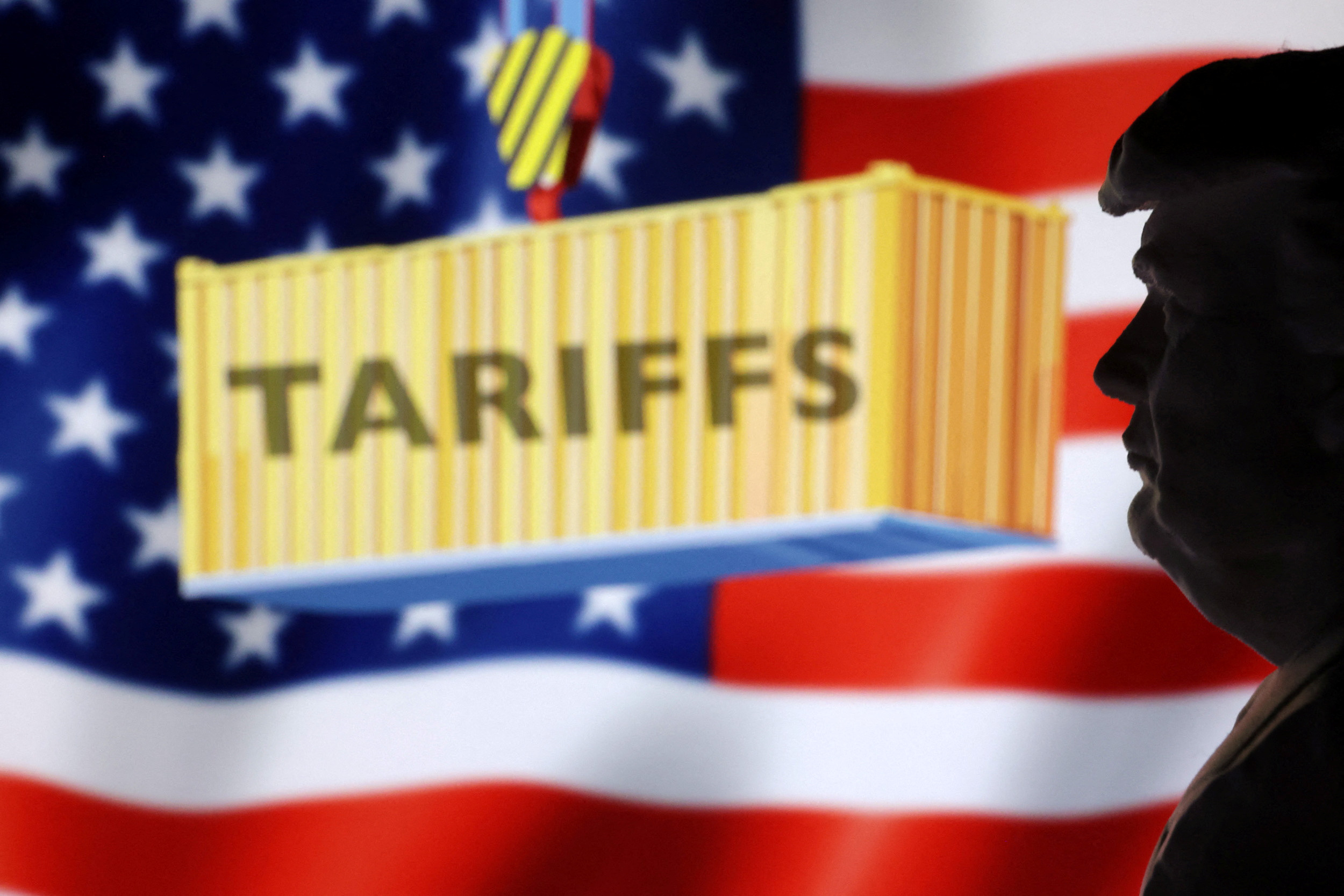

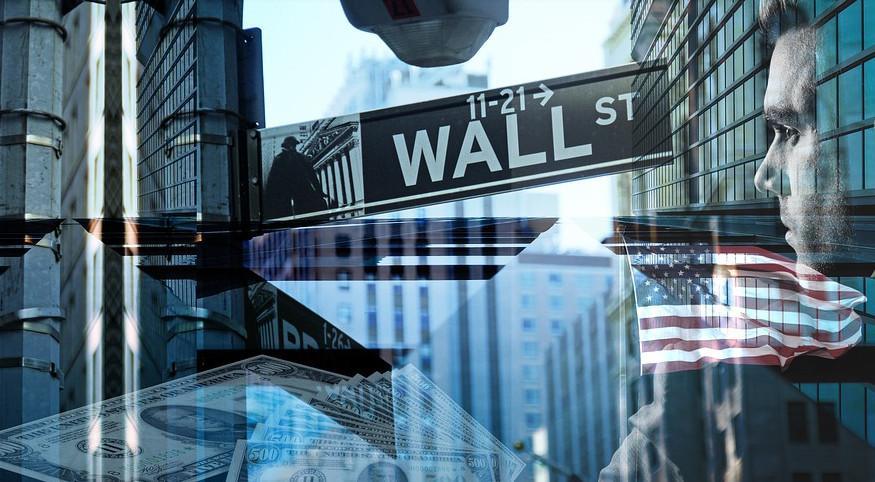
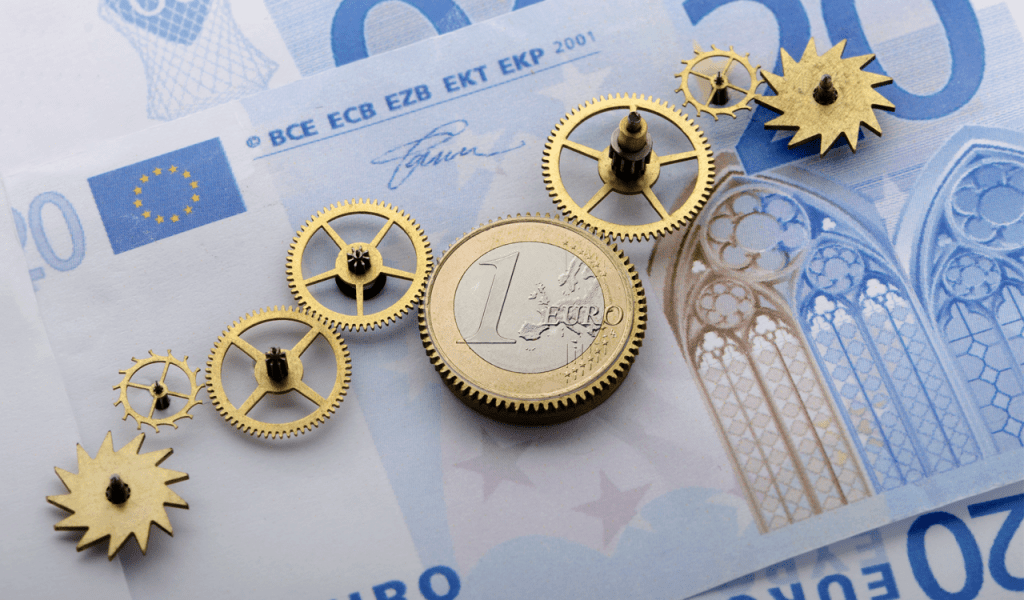

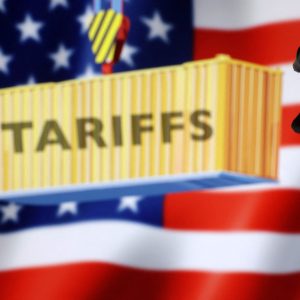









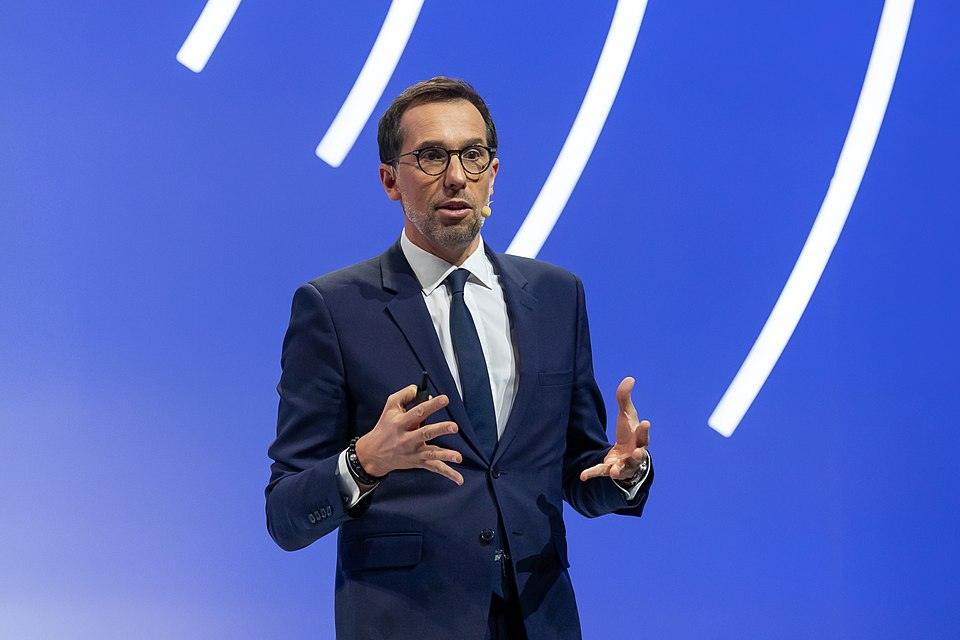
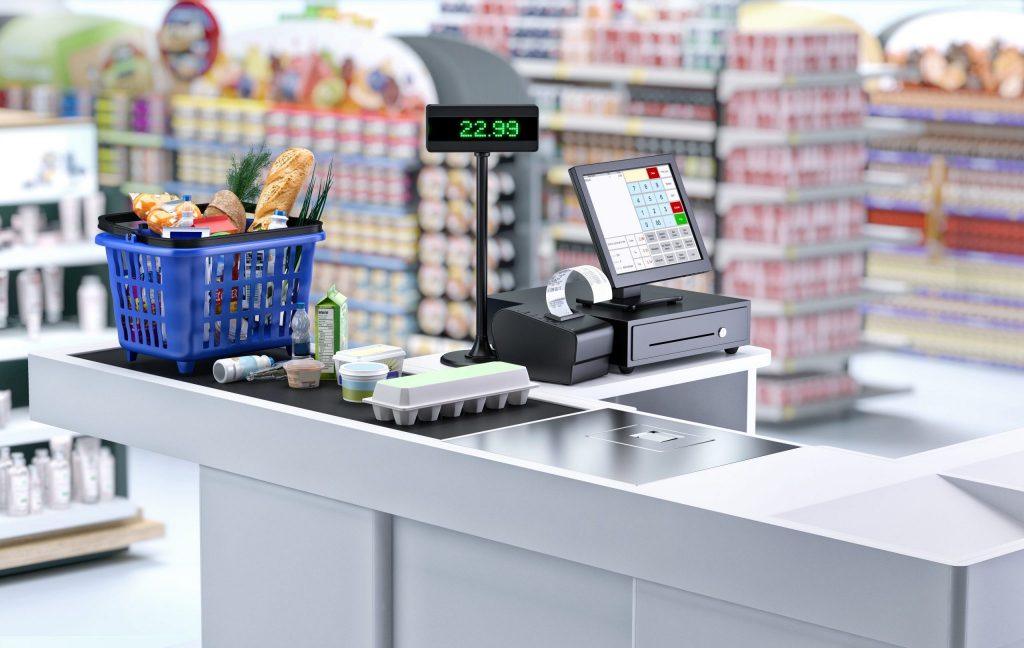




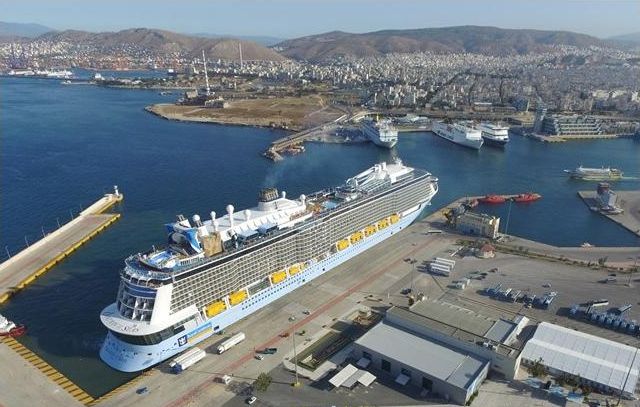
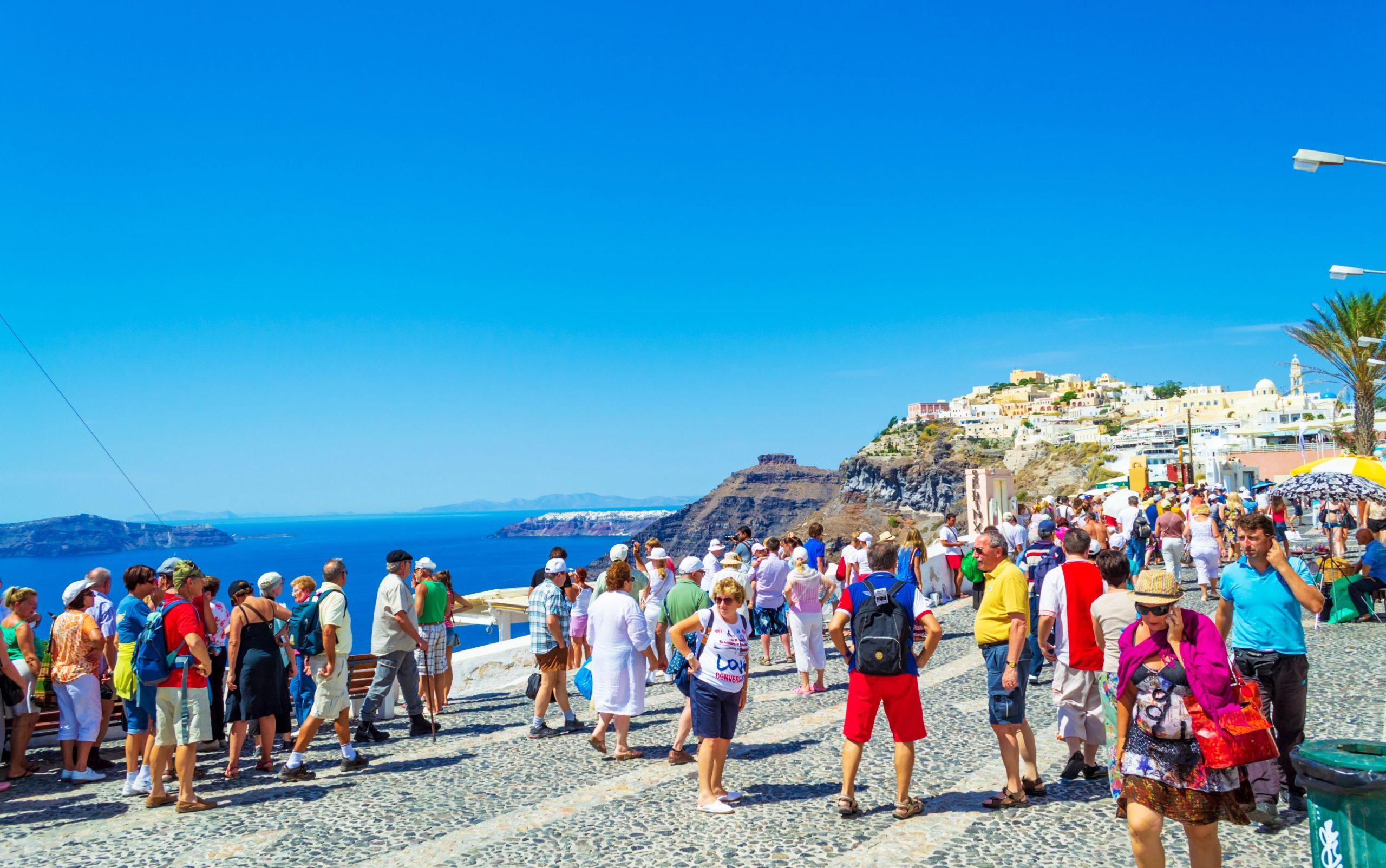


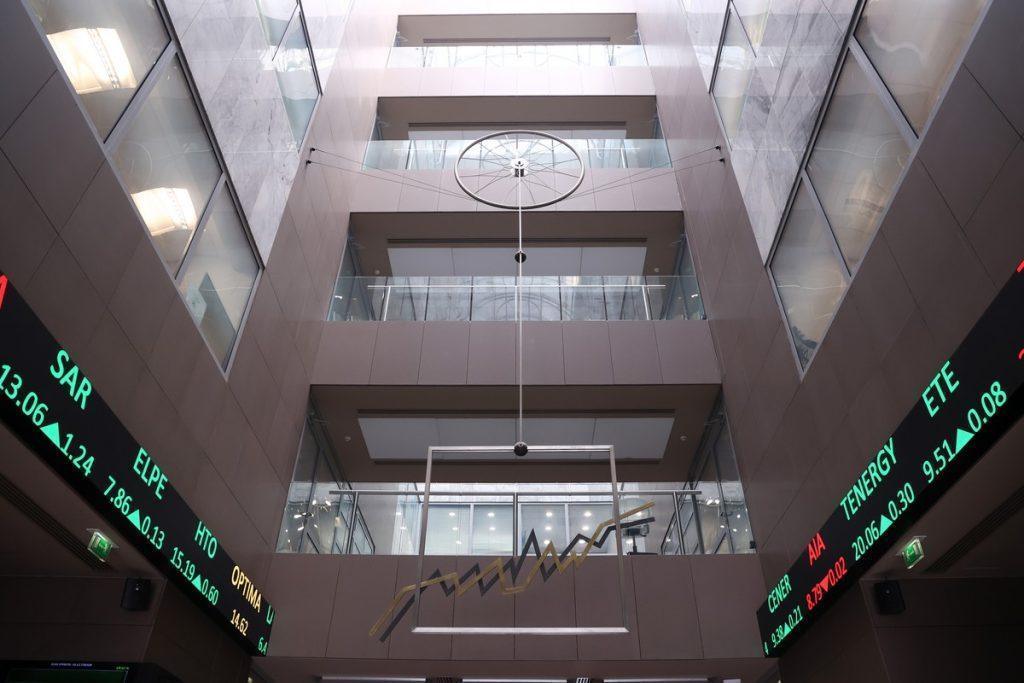





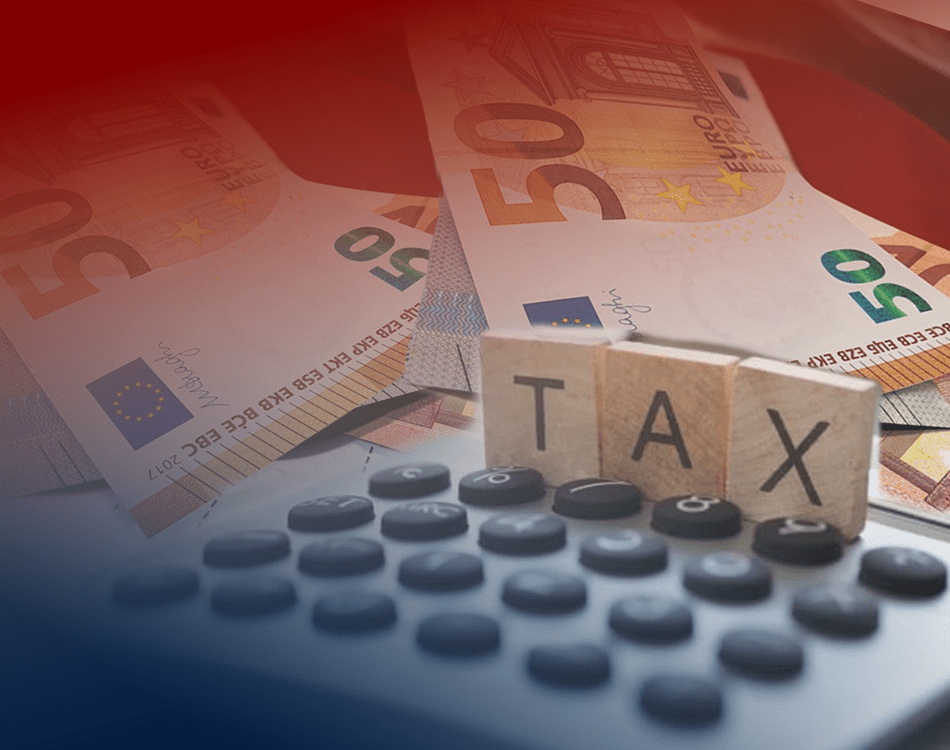

![Βραχυχρόνια μίσθωση: Καλπάζουν τα καταλύματα τύπου Airbnb στην Ελλάδα [γράφημα]](https://www.ot.gr/wp-content/uploads/2022/11/airbnb-2.jpg)

